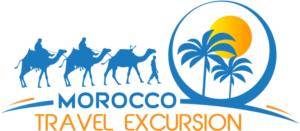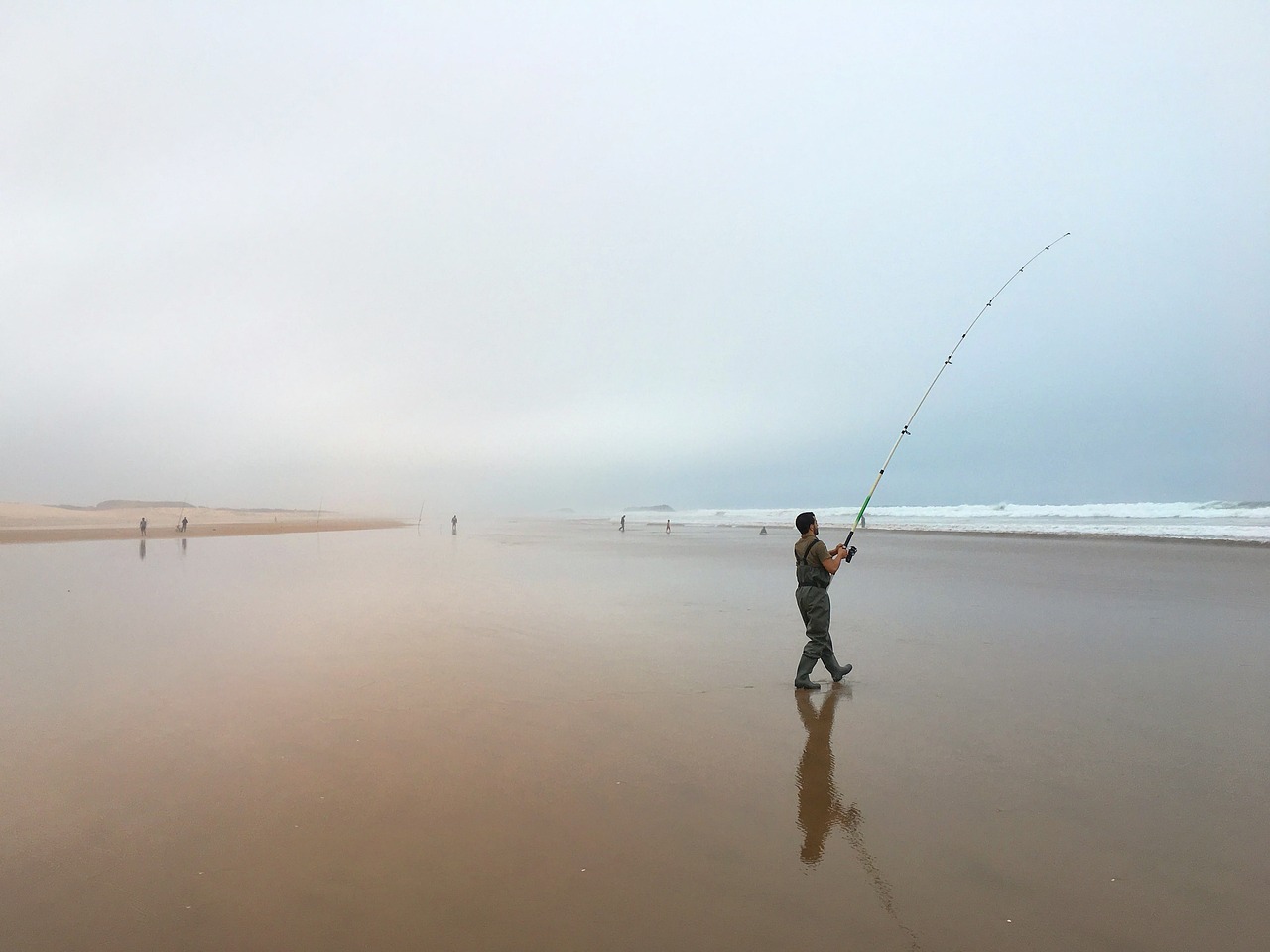Activities in Morocco Festivities and holidays
Activities in Morocco holiday celebrations range from local to global to religious. Because they make up the majority of the population, Muslims are held in high regard in the nation. Shariah regulations are pompously followed at religious holidays. The holy month of Ramadan is one of the most important. From dawn to dusk, believers abstain from eating, drinking, smoking, and chewing gum. They also skip taking a bath. Since Ramadan is observed in accordance with the lunar Islamic calendar, its timing fluctuates. The Prophet Mohammed’s birthday, Uraza Bayram, and Kurban Bayram are all lavishly celebrated holidays.
Non-religious holidays and events are more popular with tourists. They exist at several scales, including local, governmental, and international.
Activities in Morocco: Agadir
The Timitar Folk Music Festival is the most well-known resort’s claim to fame. It honors the native Berber musical tradition and is observed in July. DJ, rap, hip-hop, and jazz current rhythms mix with ethnic melodies under the open sky. The event will feature the biggest stars from the Arab and African scenes.
In July, Marrakech hosts a festival of folk arts. The holiday’s storyline contains components of an Asian fairy tale. There will be free events like storytelling competitions, fakir fire shows, dance and music concerts, circus acts, and folklore presentations.
Activities in Morocco: Fez
features a well-known festival of sacred music. It takes place every year between May and June. Famous performers from religious communities in the West, Asia, and the Middle East perform at the festival. Either the palaces of Fez or the ruins of Volubilis, a Roman city, serve as the locations for performances.
If you want to completely appreciate Moroccan culture and way of life, pay attention to the mousses, or traditional religious meetings. This is how the end of the harvest or any other important village event is observed. Activities in Morocco include dates, cherries, involved mousses, and honey harvest mousses. Both the hajj and folkloric acts including jigs, fairs, and dances must be included in the ritual.
Arabian food
Moroccan cuisine is diverse and includes foods from the Mediterranean, Arabic, Jewish, and Berber peoples, among other civilizations. The majority of the hot dishes are made using meats like chicken, lamb, and other types of meats as well as fresh vegetables, fish, and shellfish. served with oats and cold meats. The use of spices in Moroccan food sets it apart. To enhance the flavor of all foods, they are added.
What should you attempt there?
Moroccan goods
Think about fruit if you want a snack or are attempting to lose weight. Of course, citrus fruit is the main draw of Activities in Morocco. lemons, tangerines, and oranges. It is hardly surprising given that they are grown nearby. On the stalls, you’ll find melons, watermelons, oranges, figs, peaches, agave, and dates.
Drinks
Try sipping some classic green tea with mint and sugar to satisfy your thirst. It is available everywhere. You get more energy from it, and it works wonders to quench your thirst.
Additionally, Moroccans enjoy coffee, which is made in a unique fashion. It’s quite powerful and energizing. Cardamom, cloves, aniseed, and other peppers are added as spices, as with any dish. Coffee is a specialty that aficionados adore, but if you want it to meet your standards, you must try it.
Remember that Morocco is a Muslim country when it comes to drinking. They are against alcohol, particularly during the holy month of Ramadan. Therefore, if you want to drink, do so privately. We advise trying regional wines or making duty-free alcohol purchases in advance. Winemakers from France and Spain have handed down their techniques to us. Alcoholic beverages from other nations are simple to counterfeit.
Where in Morocco can I exchange money the easiest?
According to the legislation, only Moroccan dirhams are recognized as legal tender for transactions in Morocco. One dirham is roughly equivalent to seven rubles. Centime banknotes and coins are also in use. There is no reason to pay in rubles to go to Morocco.
You can exchange money in Morocco at a hotel, an exchange agency, or a bank. Do not be concerned; the rate is uniform everywhere because it is strictly regulated at the state level. But trading currency on the underground market is not worth the risk of attracting the notice of law authorities.
Important: Exchange any Activities in Morocco dirhams that remain into dollars and euros. Taking local cash outside of the country is prohibited by law.
All big hotels and retail establishments accept Visa, Mastercard, and American Express for the convenience of tourists.
Shopping
What Moroccan goods should I bring?
There are a ton of choices! Your financial status and the amount of space in your suitcase will determine everything.
Interior decorating
Moroccan traditions and customs The uniqueness and worth of handmade ceramics make them desirable. Despite the wide variety of ceramics available, tourists choose small tagines, painted plates, and saucepans.
Berber rugs will give your space character and serve as a reminder of the nation in Africa. Moroccan carpets are made from sheep or camel wool. Berber rugs are distinguished by their vibrant hues and floral or geometric designs. They can be purchased at the markets of Medina, Rabat, and Ouarzazate.
If you’re looking for unusual décor but don’t require a rug, we suggest Moroccan bedspreads. They also keep you warm during the winter and cozy up the place.
Activities in Morocco customary will be illuminated by the traditional lamps in your home. The lights in the gift shops come in different sizes, colors, and shapes, but the openwork shadows they create are especially lovely.
Teapots, thuja antiques, mirrors, African masks, and sculptures are among possible Moroccan mementos.
Activities in Morocco: Slippers
Slippers without a butt and a pointed toe come in a wide range of colors and designs. They are quite attractive in addition to being very comfortable. Pattern made of beads and embroidery. For use indoors, we advise picking a style with a soft leather sole.
Pure cosmetics
The huge variety and all-natural ingredients of the greatest Moroccan cosmetics will astound you. A calling card with many positive traits is argan oil. Because the product is pricey, there are lots of fakes. Argan oil shouldn’t be purchased from supermarkets or street vendors. The cost of the original, which should be purchased from a reputable retailer, is about 600 dirhams per liter.
Pay particular attention to the Moroccan Hamam set, the natural glycerin soap, and the perfumed elements in the shape of dry cubes (musk, ambergris, jasmine, sandalwood, rose).
Activities in Morocco: Spices
Strong-smelling spices make excellent gifts for family members or close friends. Spices add a kick to food and serve as a reminder of the vibrant African culture. Spices that are frequently used in the country include cumin, paprika, cinnamon, ginger, and saffron.
Activities in Morocco: Coffee or green tea
After visiting Morocco, you’ll long for the local mint green tea. Therefore, we suggest purchasing tea to prepare homemade tea. At supermarkets and gift shops, green tea is offered in cubed boxes. If you desire spiced coffee, we suggest purchasing ground coffee produced with Asta épicé spices, which satisfies every need for the flavor of real Maghreb coffee. It is available at any grocery store, according to Activities in Morocco.
Activities in Morocco: Sweets
Treating yourself and the people you care about to oriental sweets is a lovely idea. To pick from, there are cookies, halva, and the well-known baklava with honey and nuts.
In Morocco, what is prohibited?
photographing the inhabitants
To photograph a Moroccan without getting their permission is considered disrespectful. The only exceptions are snake charmers, magicians, and artists, however these professions are more likely to seek money. Photographing police and military is, however, illegal in this country.
Disrespect for regional traditions and faith
Given that Morocco is a Muslim country, courtesy for other religions is appreciated. Smirks and jokes should be kept to yourself if you don’t want to get hit or arrested. There is no fee to enter mosques.
In contrast to Turkey, mosque attendance is restricted to Muslims alone in Morocco. The Hassan II Mosque, on the other hand, is open to everyone.
Water tapping
Due to the uncertain water quality, we strongly advise only drinking bottled water. destroying all of the dirhams in the country
If any Moroccan dirhams remain, exchange them for dollars or euros. Taking money from the country outside the borders is prohibited by law.
What form of transportation is most effective in Morocco?
Taxi drivers in Morocco
Hitch a ride if you like comfort. By the way, cabs are popular in Morocco since they are inexpensive. Although the price is decided by the meter, you are free to barter. Getting around the city costs about 40 dirhams, while getting a cab from the airport to the city frequently costs 250 dirhams.
In Morocco, taxis fall into two groups. The first choice is a little cab that has room for three passengers and can travel the entire city. In the enormous cab, which has space for more than three persons, long distance travels are taken.
Ride exclusively in yellow cabs for your own safety.
Moroccan auto rental
The best choice, of course, is to have a car to travel around and explore Morocco. Rental cars are available in the resort areas, hotels, and airport. It is suggested to work with well-known international automobile rental businesses like Avis, Herz, Sixt, and others. A day of car hire with air conditioning might cost between 500 and 1000 Moroccan dirhams.
IMPORTANT: Drive carefully since local drivers may not always adhere to European traffic laws. It is not advised to drive drunk in Morocco because the consequences are severe and the police are not biased.
Activities in Morocco: Buses
The bus’s low cost is unquestionably its greatest advantage. A ticket costs between 30 and 90 dirhams. City buses are typically packed. Voting is impossible because buses can only stop at certain stops.
The best option for longer journeys is an intercity bus.
Activities in Morocco: Using trains
For transportation between Moroccan cities, the train is preferred to the bus. On Moroccan trains, travelers have a choice between regular, pleasant, and comfortable high-speed trains. Air conditioning, buffets, and bars are available aboard long-distance trains. Costs range from 40 to 150 dirhams for tickets, depending on distance.
Traveling by water
Spain may easily be reached by sea from Morocco because of its closeness to the Strait of Gibraltar. The ferry is 30 euros in price. When purchasing a ticket, you must present a Schengen visa.
Activities in Morocco accommodations
Hotels in Africa
There are many different hotels in Morocco. When selecting a hotel, keep in mind that fame may not always be a reflection of reality. Because they were constructed decades ago, the majority of hotels do not offer excellent service or a sufficient number of rooms. Top-notch hotels do, however, feature thalassotherapy amenities, exactly like in Tunisia. Instead of the hotel, tourists flock here for the gorgeous coast and color.
Furthermore, breakfast is generally continental in style because hotels do not typically offer an all-inclusive menu.
The dialect of Morocco
A SIM card with quicker connectivity can be purchased for between 30 and 50 dirhams, depending on the tariff bundle. In the country, Maroc Telecom, Orange, and INWI are the main three mobile operators.
Think about wireless Internet.
WiFi is available at hotels for both free and a cost. There is a functional wireless network at many Moroccan cafes, restaurants, and spas.
Get in touch with us if you want to know more about the exciting activities in Morocco.

